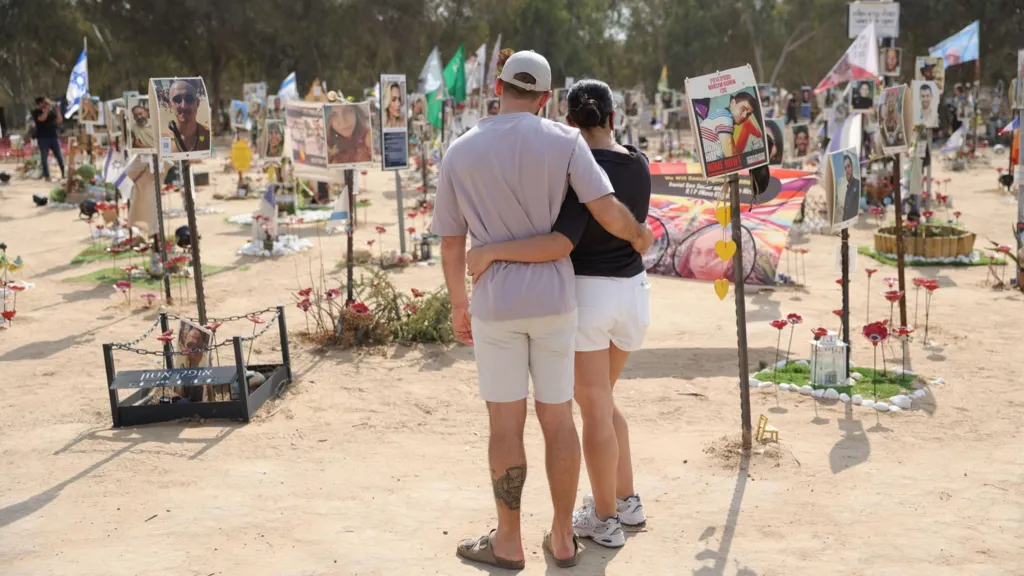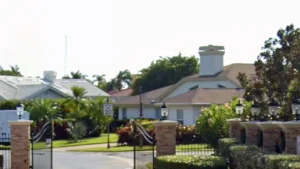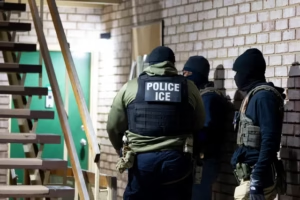BBC Gaza documentary backlash | Removal sparks ethics debate
BBC Gaza documentary backlash erupted after BBC Two aired—and subsequently pulled—a hard-hitting documentary titled Gaza: How to Survive a Warzone. The film, narrated by the teenage son of a Hamas official, drew sharp criticism for breaching the network’s impartiality guidelines. With Culture Secretary Lisa Nandy demanding answers and public trust in the BBC shaken, this removal raises crucial questions about journalistic standards and editorial oversight.
Documentary Overview & Initial Uproar
In February 2025, BBC Two premiered the documentary Gaza: How to Survive a Warzone, which quickly gained attention. The film portrayed life in Gaza through the eyes of a 13-year-old, whose narration was later revealed to be the son of Hamas’s deputy agriculture minister. Viewers and critics alike praised its raw, human insight, but concerns surfaced when the boy’s family ties came to light.
The BBC clarified that the production company had not disclosed the youth’s familial connection to Hamas. Despite this, the documentary aired on iPlayer and was taken down within 24 hours. BBC leaders emphasized their commitment to impartiality, yet the swift removal underscores deeper issues with vetting and internal compliance procedures.
Political Pressure & Official Response
Culture Secretary Lisa Nandy has formally asked BBC executives to explain “what went wrong” in the vetting process. Her inquiry centers on whether the broadcaster failed to adhere to its editorial code when commissioning the documentary. The government’s involvement highlights mounting scrutiny on public-service media’s accountability.
Nandy’s intervention is significant. While the BBC maintains editorial independence, political oversight remains potent when accusations of bias or loopholes in policy arise. The backlash marks a pivotal moment as ministers weigh the future role and governance of the national broadcaster.
Media Ethics & Impartiality Debate
Critics argue the incident reflects a systemic lapse in editorial judgment. When dealing with conflict zones, the BBC’s charter mandates rigorous balance and disclosure. Embedding a Hamas-linked narrator without transparency contradicts this principle and risks eroding audience trust.
Conversely, defenders say the documentary’s emotional perspective delivered powerful insights into Gaza’s realities. They argue that storytelling, especially from youth voices, can offer empathy and depth that factual reporting alone cannot achieve, though that cannot come at the cost of ethical integrity.
Public Reaction & Stakeholder Views
Social media discourse has been intense. Some users condemn the BBC for “platforming a Hamas-controlled voice,” while others commend the film’s humanizing portrayal of war’s impact. The polarized response reflects broader cultural divides over media bias and national security narratives.
Paragraph 2:
Editorials in leading commentaries urge the BBC to reinforce review processes and introduce more robust compliance steps, such as oversight panels and pre-release vetting by independent advisors. Many view this as a necessary step to rebuild trust and ensure future content meets public service expectations.
Looking Ahead — Reform or Retraction?
The BBC is now reviewing its internal protocols. Options being discussed include enhanced background checks for contributors, editorial oversight councils, and more transparent disclosures on iPlayer. Figures like Lisa Nandy may push for formal legislative changes, putting the BBC’s independence and charter status on the line.
Long-term, the documentary controversy may catalyze a broader shift in public broadcasting policy. If the BBC fails to regain trust, new frameworks may be imposed, shifting the network away from traditional trust-based models toward more externally regulated structures.
Conclusion
The BBC Gaza documentary backlash marks a pivotal moment in public-service journalism. When explosive content intersects with murky affiliations, accountability becomes critical. The film’s removal, political fallout, and wider debate signal a turning point—not just for BBC editorial standards, but for the role of ethical media within a democratic society.
Subscribe to trusted news sites like USnewsSphere.com for continuous updates.





